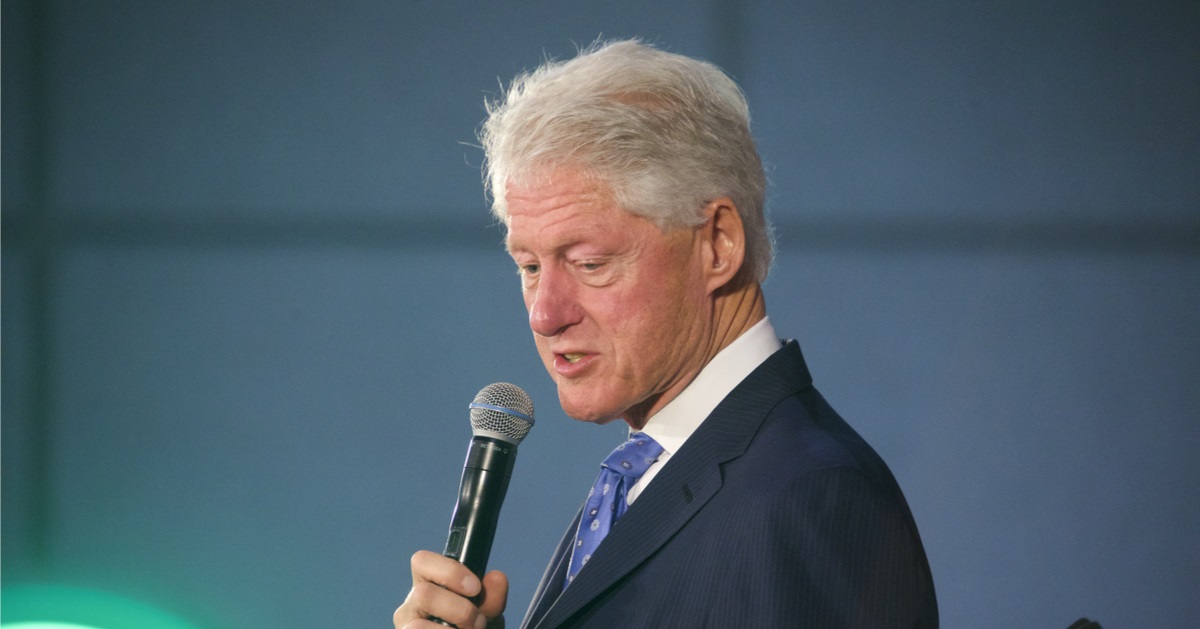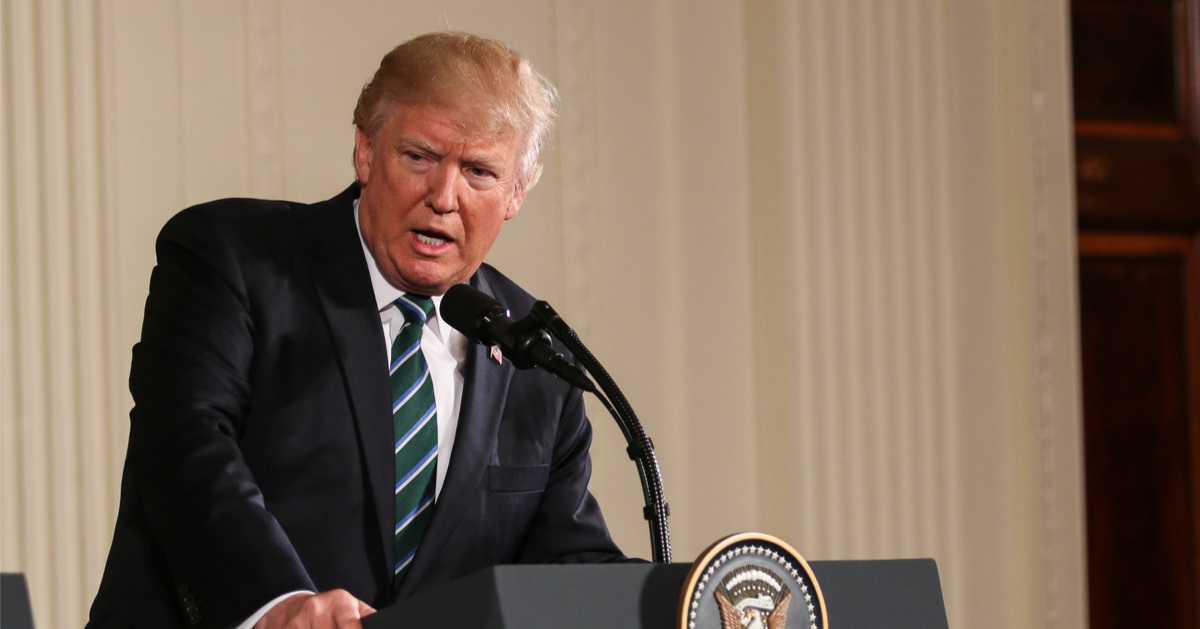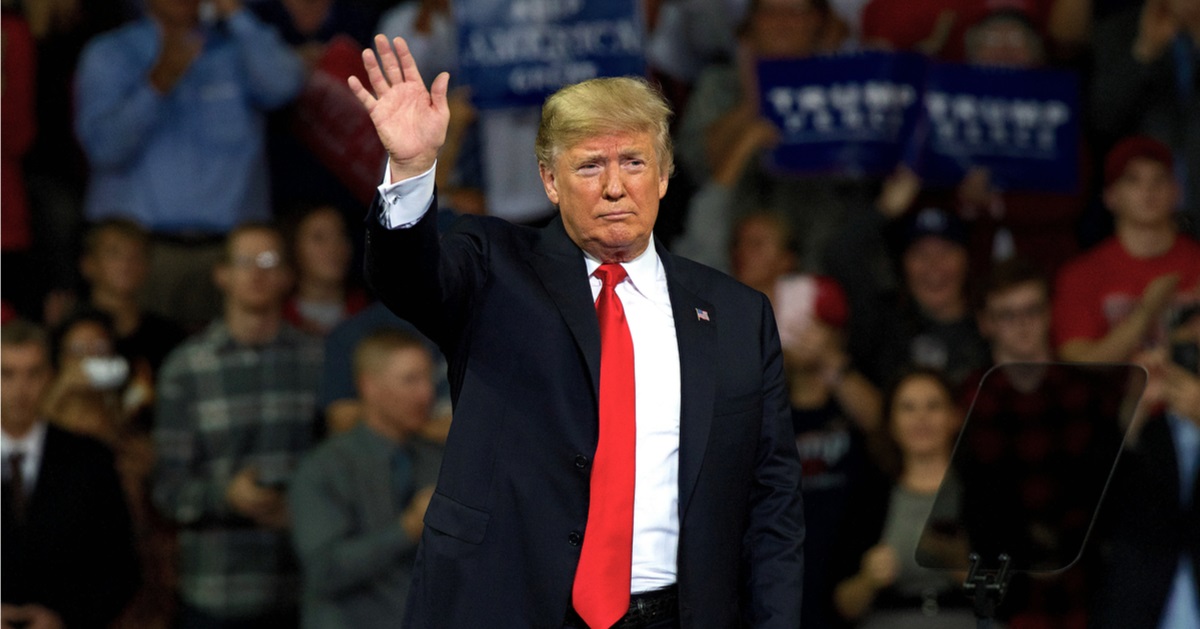SCOTUS ruling on presidential immunity complicates Trump's New York conviction
The Supreme Court on Monday issued its decision on former President Donald Trump's claim of presidential immunity from criminal prosecution, and it didn't take long before Trump and his attorneys tried to use that seemingly favorable ruling to their advantage.
Trump's attorneys almost immediately notified New York Judge Juan Merchan and Manhattan District Attorney Alvin Bragg that they sought to use the immunity ruling to overturn Trump's criminal conviction in the hush money case, according to the Washington Examiner.
That is because Bragg's case relied in part on evidence and testimony from Trump's time in office, which per the Supreme Court's decision is not allowed if that evidence or testimony pertains to "official acts" for which a president is either absolutely or at least presumptively immune.
The immunity ruling from SCOTUS
In the Supreme Court's majority opinion, authored by Chief Justice John Roberts, it was determined that all presidents are absolutely immune from prosecution for acts that fall under their core constitutional powers and have presumptive immunity for all other "official acts" while in office, but have no immunity for private or "unofficial" acts.
As part of that ruling, the majority also decided that prosecutors couldn't use non-prosecutable "official acts" as evidence in support of prosecuting unofficial acts deemed criminal, according to SCOTUSblog.
"That proposal threatens to eviscerate the immunity we have recognized," Roberts wrote. "It would permit a prosecutor to do indirectly hat he cannot do directly -- invite the jury to examine acts for which a President is immune from prosecution to nonetheless prove his liability on any charge."
Trump's conviction based in part on evidence and testimony from his time in office
That portion of the Supreme Court's immunity ruling applies to former President Trump's New York criminal conviction, according to the Examiner, since DA Bragg relied in part on evidence and testimony from Trump's time in office that his attorneys argue fall under the "official acts" banner.
It would include the testimony from White House staffers like Hope Hicks and Madeleine Westerhout, who were questioned on the stand about their recollection of conversations with the then-president in 2018 about the hush money payments made by ex-personal attorney Michael Cohen during the 2016 election to silence allegations of extramarital affairs.
The high court's prohibition could also apply to social media posts in 2018 from then-President Trump about Cohen and the hush money allegations that Bragg's prosecutors used as evidence but Trump's attorneys assert were "official" communications from the president to the general public.
Decision on new immunity claims, sentencing hearing pushed back to September
To be sure, DA Bragg and his prosecutors put forward plenty of other evidence that didn't date from Trump's time in office to help secure the felony conviction for falsification of business records, and it is unclear if the inclusion of the disputed evidence and testimony will be sufficient to overturn that conviction.
That said, according to NBC News, Judge Merchan has taken Trump's claim seriously enough to grant permission for the filing of a motion to have the conviction tossed out, and he set a date of September 6 by which he will issue a decision on the matter.
In the meantime, and in light of this new wrinkle in the New York case, the judge also agreed with Trump's request to delay the previously scheduled July 11 sentencing hearing, which Bragg surprisingly did not oppose, which has now been postponed until September 18.
How will Merchan rule?
How all of this plays out over the coming months is unclear, and while it is certainly possible that Judge Merchan could agree that Trump's conviction was tainted by the inclusion of off-limits evidence and testimony, that outcome seems unlikely given the judge's history of largely ruling against Trump's claims.
In all likelihood, Merchan will discount the disputed evidence and testimony as having minimal impact on the conviction and uphold the jury's verdict, which will set the stage for Trump to begin the appellate process to have that conviction overturned by other judges.





